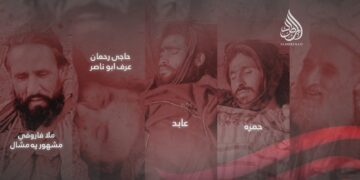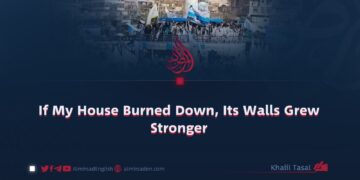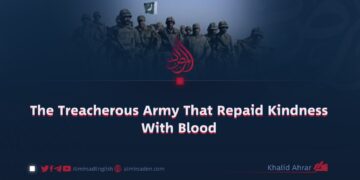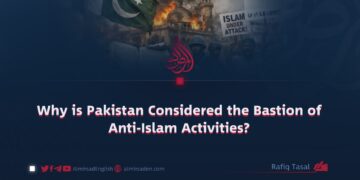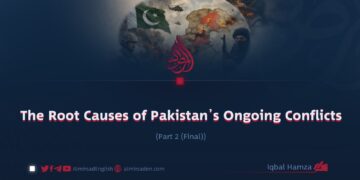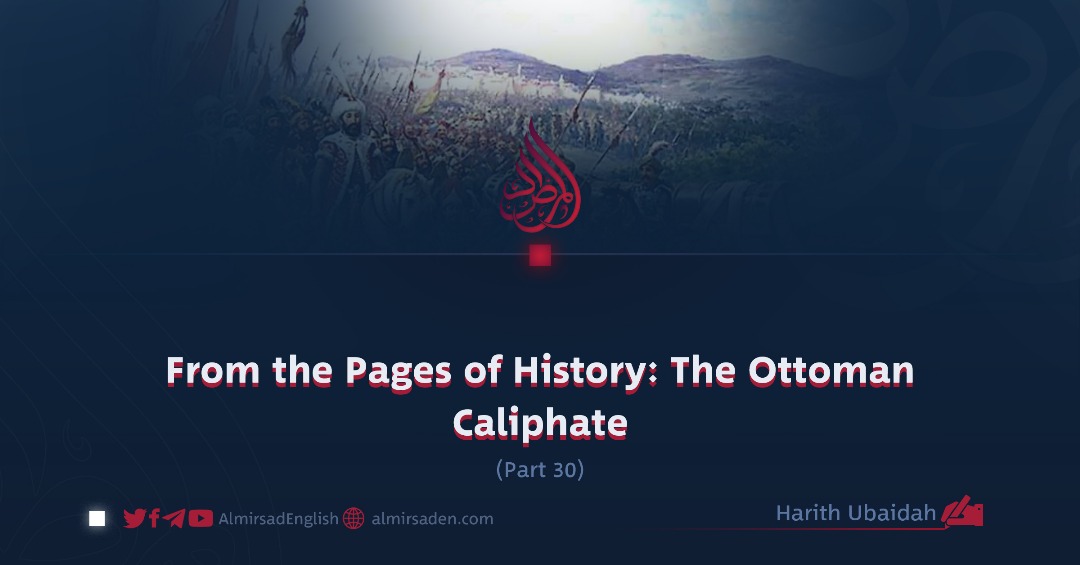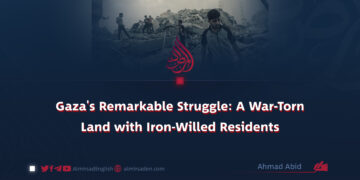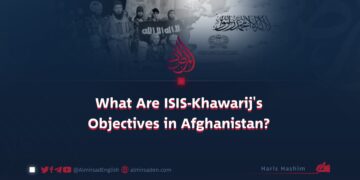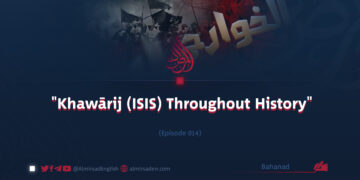Part 30
Harith Ubaidah
In its purest form, Islamic education was not merely an academic pursuit but a noble discipline that cultivated moral strength, love for the Sharia, and an unshakable devotion to jihad in the path of Allah. Its influence refined hearts and shaped minds, even those of princes. Among the scholars who personified the dignity and courage of true Islamic learning was Mawlana al-Kurani, a man of rare integrity who never hesitated to remind the Sultan whenever his actions strayed from the principles of Sharia.
Allama Kurani stood apart from the courtiers of his time. He neither kissed the Sultan’s hand nor bowed before him, as was customary. Rather, it was the Sultan who kissed his hand in reverence. Kurani addressed Muhammad al-Fatih (Mehmed II) by name, and the young ruler in turn held him in the highest regard. Under the spiritual mentorship of such scholars, Muhammad al-Fatih’s character was molded into that of an exceptional leader: pious, just, and resolute.
Muhammad al-Fatih was a devout believer whose faith guided every aspect of his rule. He applied Islamic rulings upon himself before enforcing them upon others, setting an example of moral leadership. Deeply conscious of Allah, he sought the prayers of scholars and the righteous, knowing that true power lies in faith, humility, and sincerity before the Creator.
Equally influential in shaping his spirit was Sheikh Akshamsaddin, whose guidance left an enduring mark on the young Sultan’s soul. During Muhammad’s childhood, the Sheikh instilled in him two great aspirations:
1. To strive in the path of Allah through jihad and advance the Ottoman mission; and
2. To become the commander foretold in the Prophet’s hadith, the one who would conquer Constantinople and be the best of leaders.
Inspired by this vision, young Muhammad longed to be the one through whom the prophecy of the Messenger of Allah (PBUH) would come true.
Preparations for the Conquest of Constantinople
Sultan Muhammad al-Fatih devised a meticulous plan for the conquest of Constantinople, dedicating his entire strength and resources to the cause. He assembled a formidable army of 250,000 well-trained soldiers, an unparalleled force in discipline and organization compared to the armies of his era. These troops underwent rigorous training and were equipped with the most advanced weaponry of the era.
Yet the Sultan knew that military might alone was not enough. He placed equal emphasis on spiritual preparation, reminding his soldiers of the Prophet’s (PBUH) words that the army which conquered Constantinople would be the best of armies. “Perhaps,” he told them, “you are that blessed army.” His words ignited within them a profound sense of faith, courage, and destiny.
Many scholars also joined the campaign, uplifting the soldiers’ morale and strengthening their resolve. The spirit of jihad filled their hearts, and they became eager to sacrifice their lives for the sake of Allah.
To consolidate the Ottoman position, Sultan Muhammad ordered the construction of a fortress called Rumeli Hisar on the European side of the Bosphorus, directly across from another fortress built earlier on the Asian shore by Sultan Bayezid.
The Byzantine emperor offered the Sultan any amount of gold he desired if he would halt construction, but Muhammad refused, fully aware of the site’s military value. When completed, Rumeli Hisar stood as a mighty structure, eighty-two meters high and nearly impregnable. The two fortresses were separated by only about six hundred and sixty meters, giving the Ottomans total command of the Bosphorus; no ship could pass without their consent.
Massive cannons were placed on both fortresses, and any ship approaching Constantinople from the east was stopped or destroyed. This blockade instilled fear in the eastern principalities, particularly in the Empire of Trebizond, which had previously supported Byzantium but now hesitated to send aid through the Bosphorus.
1. Gathering Essential Weapons
As part of his preparations for the siege, Sultan Muhammad gave special attention to the production of advanced weaponry, particularly heavy artillery. He invited a renowned Hungarian engineer named Orban, famed for his skill in cannon-making. The Sultan welcomed him with generosity, providing every resource, financial, material, and personal, necessary for his craft, and instructed him to design the most powerful cannons ever built.
Under the Sultan’s patronage, Orban succeeded in forging colossal guns, including one that weighed nearly a hundred tons and required teams of oxen to move. This mighty creation became known as the Sultan’s Cannon.







